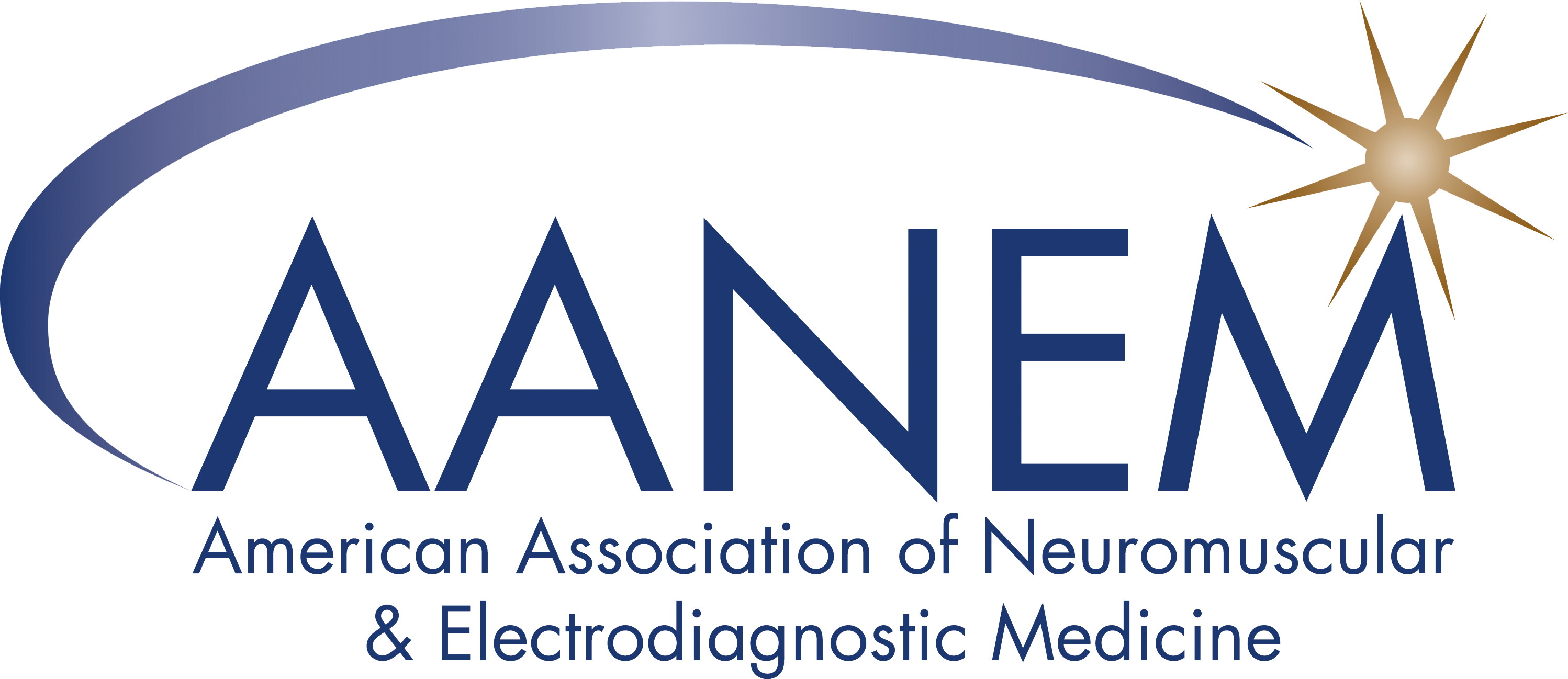Press and Media
View the latest AANEM Achievement Award winners, the American Neuromuscular Foundation (ANF) Abstract Award winners, and the latest AANEM news articles on News Express.
Frequently Asked Questions
Q: When will be content of abstracts be viewable, as opposed to just the titles?
A: The abstract content will be available at the annual meeting during the Poster Hall hours. We do not provide abstract presenter information or slides ahead of time. All available information can be found in the AANEM Abstract Guide online when it becomes available.
Q: How do I reach out to abstract or session presenters for an interview?
A: We do not offer member contact information. To connect with abstract or session presenters, review the AANEM Annual Meeting Program when available. Find the topics of interest and connect with the presenter after their lecture or during their abstract poster session time. Currently there is no interview option for virtual attendees.
Q: When can I share information?
A: The embargo on the abstracts themselves is lifted when they have been published in Muscle & Nerve and online in the AANEM Abstract Guide. However, the additional information beyond what is in the abstract itself is still embargoed.
AANEM requires information that goes beyond that which is contained within the abstract, e.g., the release of data not included in the abstract, discussion of the abstract done as part of a scientific presentation, etc. to be embargoed until the start of the annual meeting. Please see the Abstract Embargo Policy.
Q: Will the Abstract Award Reception feature the best posters?
A: The Abstract Award Reception is a social hour in honor of the abstract award winners where all authors, including award winners, will be available to discuss research.
Q: Original research is ONLY presented as posters, correct?
A: Yes - the research is presented in the Poster Hall via abstract posters.
Science News: A Study on the Epidemiology of COVID-19 Related Guillain-Barré Syndrome in the United States
Submitted by: Oksana Sayko, MD
Edited by: Nakul Katyal, MD
Citation: Sharma A, Sharma A, Soubani AO. A study on the epidemiology of COVID-19-related Guillain-Barré syndrome in the United States. J Clin Neuromuscul Dis. 2024;25(4):178-183. doi:10.1097/CND.0000000000000480
Summary: Several neurological complications have been reported with COVID-19, including Guillain–Barré syndrome (GBS). Researchers looked at incidence, baseline characteristics, and in-hospital outcomes of COVID 19–associated GBS in the United States.
A retrospective analysis was conducted using the USA National Inpatient Sample (NIS) database to identify hospitalizations for COVID-19 and GBS, using International Classification of Disease. The study examined factors associated with GBS using the April–December 2020 NIS database. The NIS is a publicly available all-payer database of USA inpatient hospitalizations, providing nationally representative estimates.
The study findings underscore GBS as a rare yet severe complication of COVID-19, highlighting a significant difference in mortality when compared with GBS not associated with COVID-19.
Comments: Interesting comprehensive study on COVID-19 related GBS. This study provides the first comprehensive analysis of GBS associated with COVID-19 using a large US inpatient
